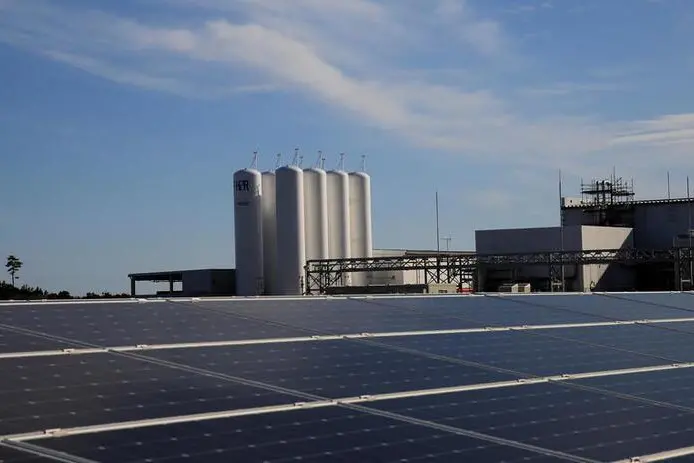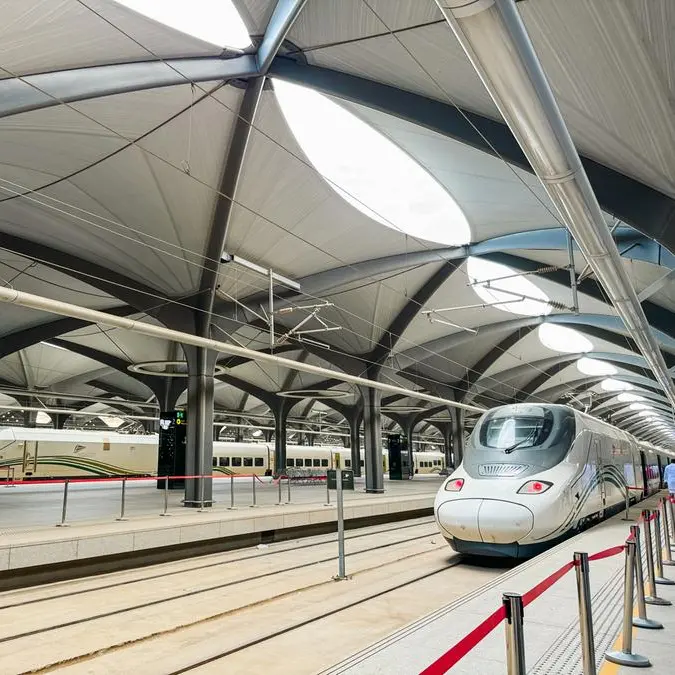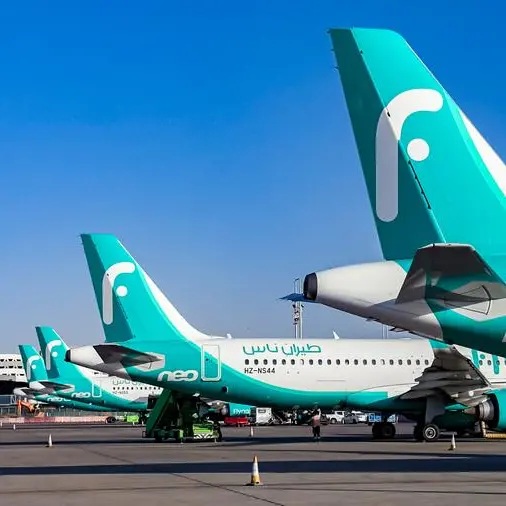PHOTO
Africa’s immediate priority is to focus on commercially feasible green hydrogen projects that cater to local demand rather than the export market, which could be explored later, the Chairman of Africa Hydrogen Partnership (AHP) said.
AHP’s Chairman, Dr. Innocent Uwuijaren, said green hydrogen could substitute huge quantities of fossil fuel-based fertilisers and energy imported into Africa.
Producing ammonia, urea, and fertilisers locally using the continents’ solar, wind, and geothermal resources could offer immense economic benefits, he said while speaking at a virtual event organised by Africa Solar Industry Association (AFSIA).
He said African countries would be interested in economically and commercially viable green hydrogen projects without subsidy as the same is not prevalent.
“Opportunities for green fertiliser, green urea and green ammonia that could be locally consumed, hydrogen use as a back-up in power systems, and decarbonising heavy industries are the projects being explored in Africa,” he said.
Projects that have advanced include South Africa’s Hydrogen valley, Mauritania’s Project Naur, Namibia’s SCDI Green Hydrogen project, Morocco’s HEVO ammonia project, and a green fertiliser plant in Kenya, which is under feasibility stage, he said.
Uwuijaren said some projects are also looking to tap natural hydrogen found underground, but the potential needs to be verified.
“The main study to prove the potential and possibilities of (naturally occurring) hydrogen is ongoing.”
He reiterated that exports, especially to Europe, are possible only in the long-term as the required infrastructure is lacking.
“Shipping is a possibility, but the rules, regulations, and policies that govern shipping are still being worked out. At the moment, European ports will not allow hydrogen to be shipped as it is classified as a highly explosive product. Europe is also considering a pipeline to Africa, but pipelines take time to be built,” he said.
He listed technology access, cost and affordability, fund availability for economically and commercially feasible projects, energy balance, security and political stability, local capacity skills shortage, conflicting rules and regulations, government policies, and awareness as the challenges to producing hydrogen in Africa.
(Reporting by Sowmya Sundar; Editing by Anoop Menon)





















